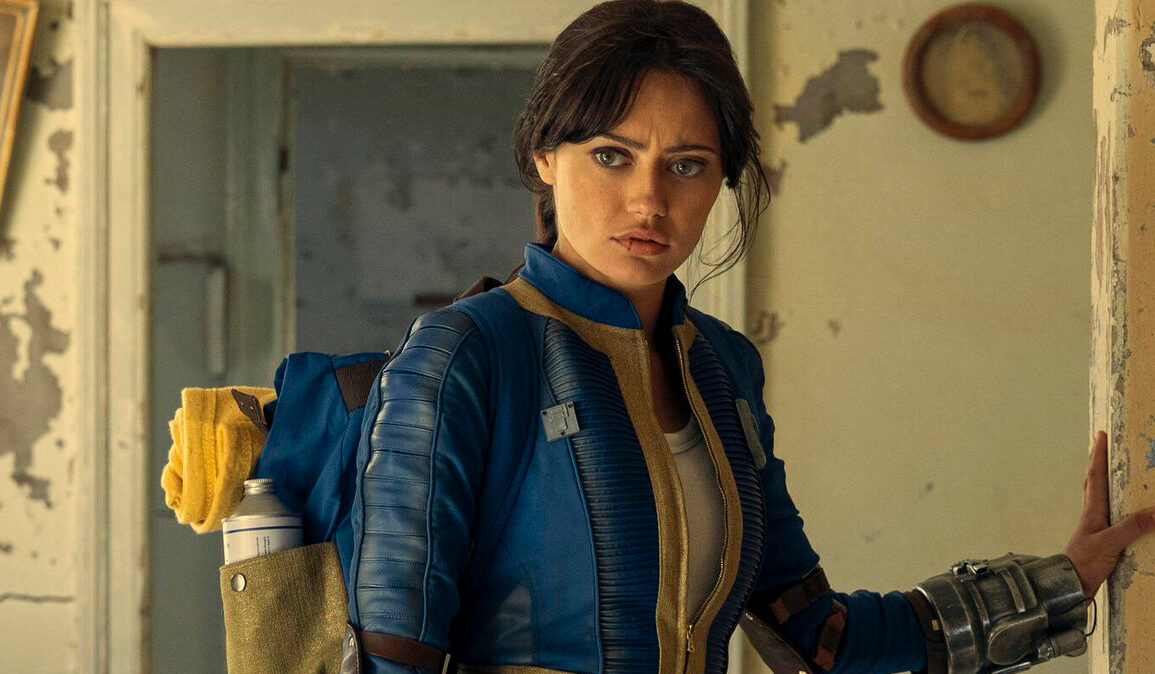In an era where screen adaptations of video games are as common as Creeper explosions in “Minecraft,” Prime Video has struck gold with its take on the “Fallout” franchise. The TV show, which orbits around the post-apocalyptic realms of what used to be Los Angeles, showcases a rich tapestry of characters and storylines that diverges significantly from its source material. It’s a bold move, stepping away from the exact narratives fans have played through, and yet, it pays off, offering a fresh experience that both newcomers and series veterans can enjoy. This successful deviation raises a crucial point: there should be more game adaptations willing to carve their own paths, much like the “Fallout” TV series has.
Canada has its own unique appetite for Sci-Fi and post-apocalyptic narratives, with many fans across the country already deeply immersed in the realms of popular video games. The “Fallout” series, with its richly detailed world and complex lore, presents a prime example of a franchise ripe for adaptation beyond the borders of its original medium. The TV show not only retains the essence of the games but expands on it, exploring new stories within the familiar setting, a lesson that could well be applied to other video game adaptations.
The show stars Walton Goggins, Ella Purnell, Moises Arias, and Aaron Moten, among others, delivering performances that breathe life into their characters and the bizarrely fascinating world they inhabit. Goggins shines as The Ghoul, venturing into the history and dark corners of Vault-Tec’s past, long before the apocalyptic events the game players are familiar with. Meanwhile, we follow Purnell’s character, a vault-dweller thrust into the wasteland on a mission, illuminating the strengths of the TV format to delve deeper into character development and narrative complexity than the source material might allow.
Beyond the captivating storytelling and character arcs, the “Fallout” TV series weaves in humor, gore, and numerous references to the games, delighting fans with easter eggs and nods to iconic elements like Super Mutants, Dogmeat, and the Brotherhood of Steel. Yet, the show is not a mere reenactment of the games. It stands as a testament to how adaptations can tell their own stories while respecting the essence of the original material.
This approach contrasts sharply with TV and movie adaptations that cling too tightly to their source, fearing to alienate fans or dilute brand identity. Instead, the “Fallout” TV series demonstrates the potential of adaptations that dare to explore untold stories within established worlds, offering viewers new experiences rather than rehashed narratives. This is particularly relevant in the context of adaptations that have struggled under the weight of expectations, like the Netflix version of “Avatar: The Last Airbender,” which faced criticism for not capturing the magic of its animated predecessor.
The “Fallout” TV series, with its innovative storytelling and respectful nod to the franchise’s roots, sets a compelling precedent for future adaptations. Creating new content within the framework of beloved games offers an exciting way forward, one that can captivate audiences and perhaps even introduce these rich universes to those unfamiliar with the games. As the series gains traction, it underscores the possibility for game adaptations to be more than just retellings but expansions of the worlds gamers have come to love. It’s a blueprint that other studios, whether in Canada or elsewhere, would do well to consider, tapping into the vast potential of video game narratives waiting to be explored on screen.






